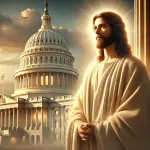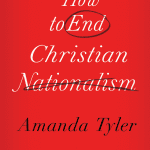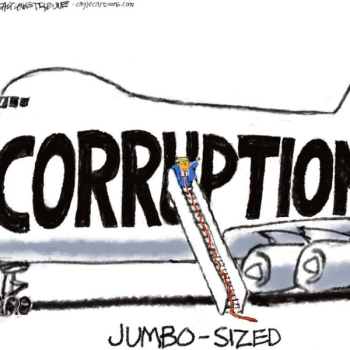The Public in Public Theology
The public in public theology is self-evident, right? For Jesus, the public consisted of everyone who would listen. But is it really this easy? No.
Enter Torsten Meireis
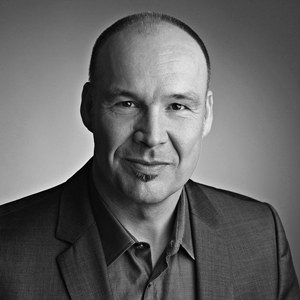
Enter Professor Torsten Meireis on the Theology Faculty of Humboldt-Universität in Berlin and the Berlin Institute for Public Theology. He has authored an article, “The Public in Public Theology” and offered an online Vorlesung (Meireis 2022).
The public in public theology, according to Meireis, refers to the global collection of publics under constant construction by social media. People create the public or even publics by gathering electronically or in co-presence and communicating.
These publics are outside the church, to be sure. Yet they should be addressed by Christians within the church.
Meireis poses three challenges to Christians.
1 Christians should contribute to a public of universal access and participation. In my terms borrowing from the World Council of Churches, the public theologian envisions redemption in terms of a just, sustainable, participatory, and planetary society.
2 Christians should be self-critical regarding their own quest for power. Our churches must confess complicity in past crimes of colonialism, sexism, and racism. Nothing destroys the Christian witness more quickly than religious concupiscence toward worldly power.
3 Churches must avoid becoming churches in excess or in defect. What might this mean? Churches must not use the public to achieve hegemony for the best of their own organization, church in excess for that means usurping the lord’s position. Churches must avoid becoming churches in defect, withholding their witness from the public.
All this sounds like good advice.
Enter Paul S. Chung
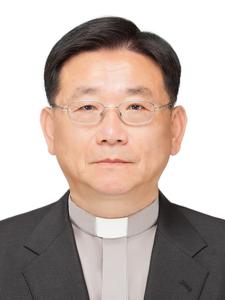
Enter Paul S. Chung, creator of Public Theology in Forum-Center (Chung, Postcolonial Public Theology: Faith, Scientific Rationality, and Prophetic Dialogue 2016). Chung applauds Meireis.
“Meireis’s definition of the public offers a useful social critical epistemology. Through his social critical epistemology, communicative freedom confronts power imbalance, in conjunction with the subaltern counterpublics and sociocultural stratification. … To put it another way, the social construction of reality includes aspects such as access to power, material interests, education, employment opportunity, and privilege. These result in a reality of sociocultural stratification. The public sphere is stratified into a hierarchy according to power, wealth, education, and class/status. Meireis argues that ‘publics are always spaces of conflict in which power is asymmetrically distributed when arguing about what may be seen as the common good’.”
One of my central concerns in public theology is the common good (Peters, The Voice of Public Theology 2023). According to Meireis and Chung, the common good is a matter of dispute, even conflict. How might we actualize the ‘common’ in ‘common good’? Chung recognizes the complexity.
“Given the paradigm of discourse within global expansion and intensification, public theology is deeply contextual. Yet, it is also intercontextual in nature as it is affected by the freedom of communication in the media space. It then progresses to universality in pursuit of a common goal, such as human rights, restorative justice, and environmental rights.”
Finally, Chung thanks Meirreis.
Indeed, Meireis’s contribution is seen in his elucidation of the spectrum of “the publics,” which breaks through a typical tendency of public theology that lacks a social-scientific or multivariate framework. He is at the forefront of incorporating the concept of “the public” through the discourse paradigm into the definition of the unique regime of public theology.
Conclusion
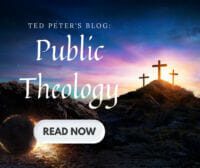 In my own contributions to this discussion, I have thought of the public in public theology in terms of the wider cultural and political dimensions of planetary society outside the Christian Church. What both Meireis and Chung add is nuance, texture, and even rivalry within this public. I’l let Paul Chung conclude.
In my own contributions to this discussion, I have thought of the public in public theology in terms of the wider cultural and political dimensions of planetary society outside the Christian Church. What both Meireis and Chung add is nuance, texture, and even rivalry within this public. I’l let Paul Chung conclude.
“The term the public can be best understood as a space for democratic discourse and common societal deliberation amidst multiple publics and various constituencies.”
PT 1011 The Public in Public Theology
From Athens to Jerusalem: Introducing Public Theology
The Public Theologian as Ecumenical & Ecumenic Pluralist
▓
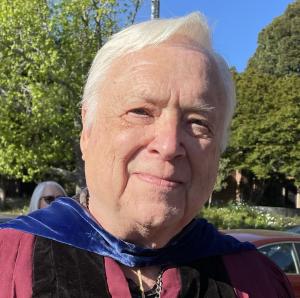
For Patheos, Ted Peters posts articles and notices in the field of Public Theology. He is a Lutheran pastor and emeritus professor at the Graduate Theological Union. His single volume systematic theology, God—The World’s Future, is now in the 3rd edition. He has also authored God as Trinity plus Sin: Radical Evil in Soul and Society as well as Sin Boldly: Justifying Faith for Fragile and Broken Souls. He recently published. The Voice of Public Theology, with ATF Press. See his website: TedsTimelyTake.com and Patheos blog site on Public Theology.
▓
References
Chung, Paul. 2016. Postcolonial Public Theology: Faith, Scientific Rationality, and Prophetic Dialogue. Eugene OR: Cascade Books.
—. 2022. Public Theology and Civil Society: Constructive Formation. Madris: EBL.
Day, Katie and Sebastian Kim. 2017. “Introduction.” In A Companion to Public Theology, by eds., Katie Day and Sebastain Kim, 1-21. Leiden and Boston: Brill.
Meireis, Torsten. 2022. “The ‘Public’ in Public Theology.” Theological Review 43 127-141.
Peters, Ted. 2018. “Public Theology: Its Pastoral, Apologetic, Scientific, Politial, and Prophetic Tasks.” International Journal of Public Theology 12:2 153-177; https://brill.com/search?q2=Public+Theology%3A+Its+Pastoral.
—. 2023. The Voice of Public Theology. Adelaide: ATF.



